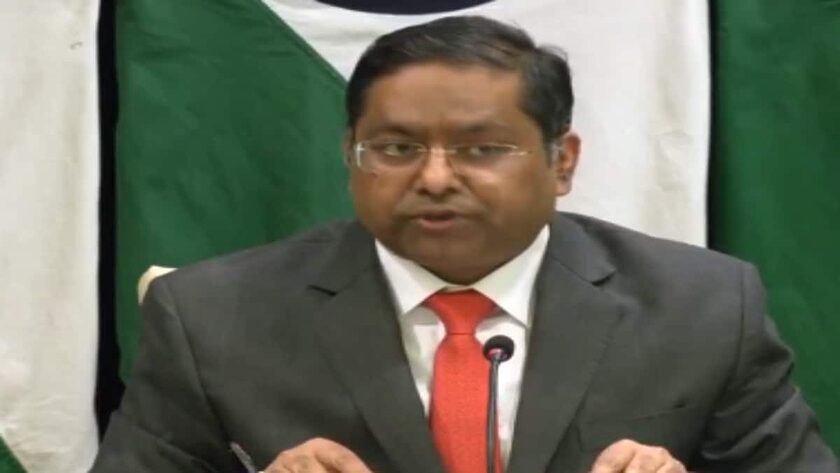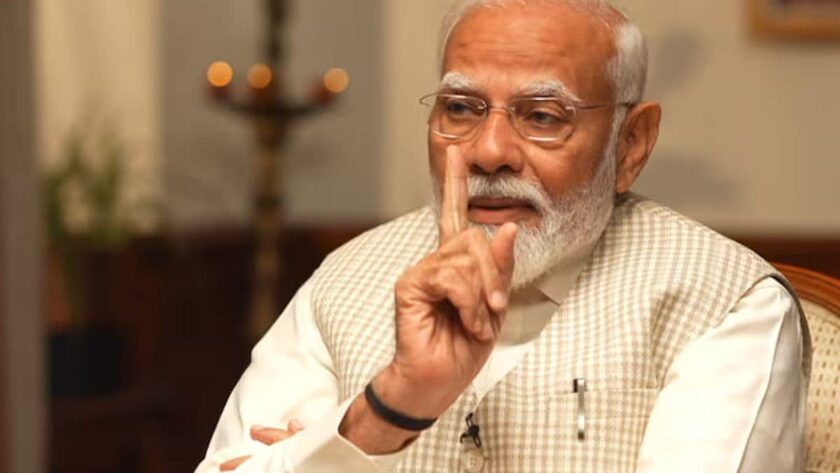Introduction
In a world where international diplomacy often treads a thin line between interference and concern, India’s recent response to the United States’ remarks on the Citizenship Amendment Act (CAA) has sparked a global conversation.
The Controversy
The US expressed its concerns over the implementation of the CAA in India. The Act, which provides citizenship to persecuted minorities from Afghanistan, Pakistan, and Bangladesh who entered India on or before December 31, 2014, has been a subject of intense debate. The US State Department’s expression of concern was met with a firm rebuttal from India.
India’s Response
India dismissed the US’s remarks as “misplaced, misinformed, and unwarranted”. The Ministry of External Affairs (MEA) spokesperson, Randhir Jaiswal, emphasized that the CAA is an internal matter of India. He stated that those who do not understand India’s pluralistic traditions better not attempt lecturing.
The Underlying Message
Jaiswal’s statement underlined that the CAA is about granting citizenship, not taking it away. It addresses the issue of statelessness, provides human dignity, and supports human rights. He added that lectures by those with a limited understanding of India’s pluralistic traditions and the region’s post-partition history are best not attempted.
Conclusion
The incident underscores the delicate balance of global diplomacy and the importance of understanding a nation’s internal matters before commenting on them. As the world watches, the discourse around the CAA continues to evolve, shaping the future of India’s international relations.
This incident serves as a reminder that every country has its unique challenges and solutions. It’s crucial for global powers to respect each other’s sovereignty while expressing concerns. After all, in the grand theatre of international relations, every act has its consequences.











